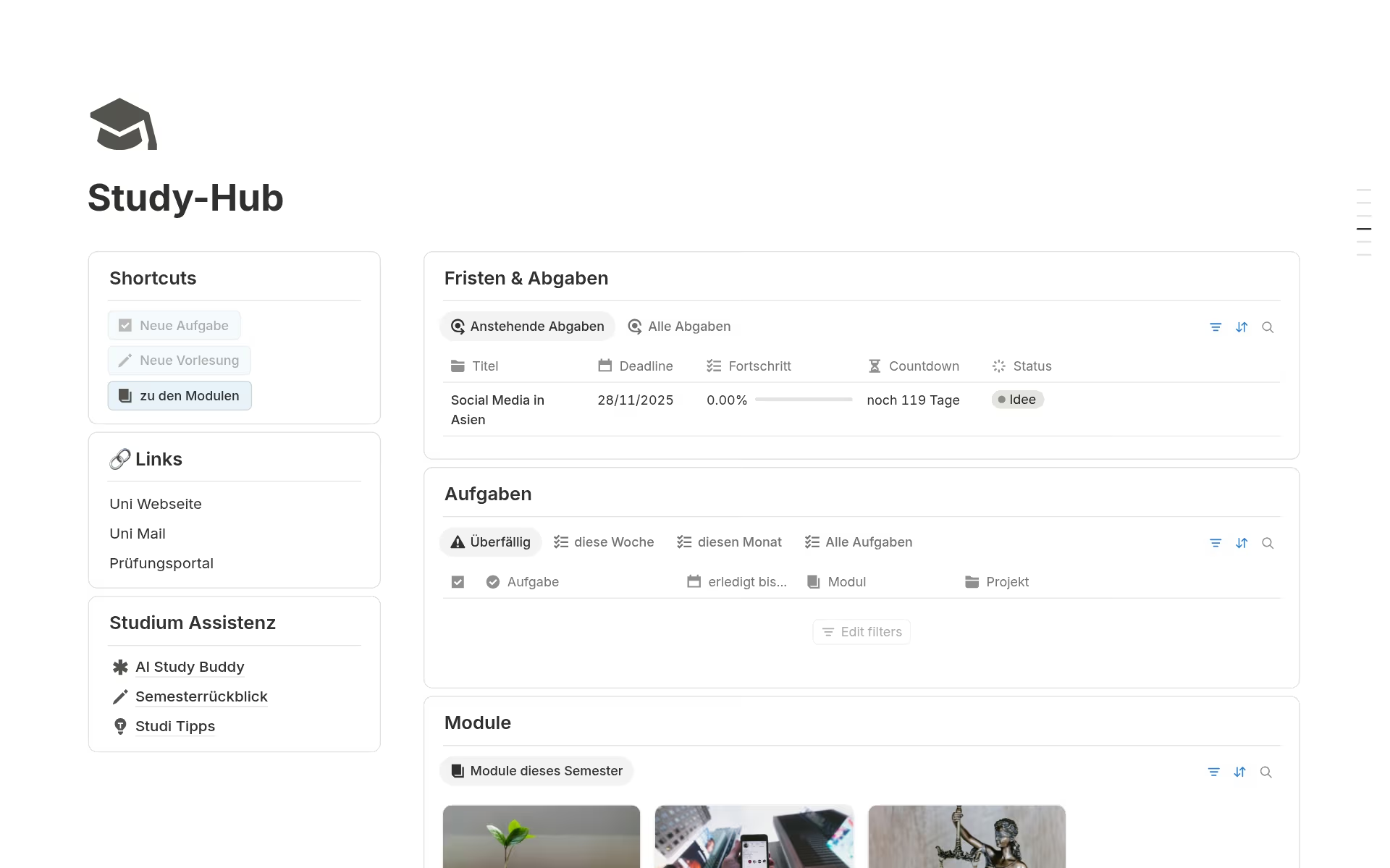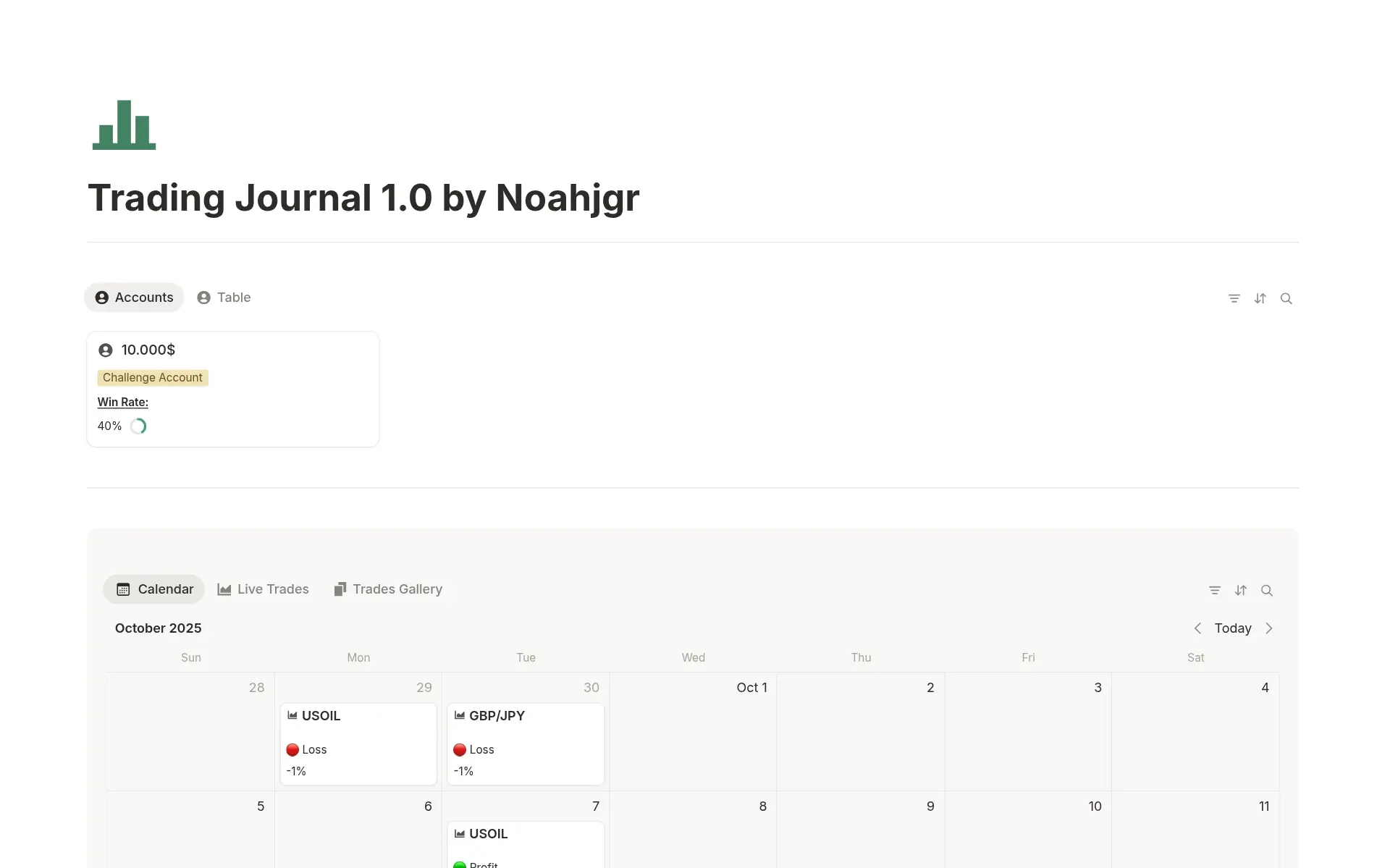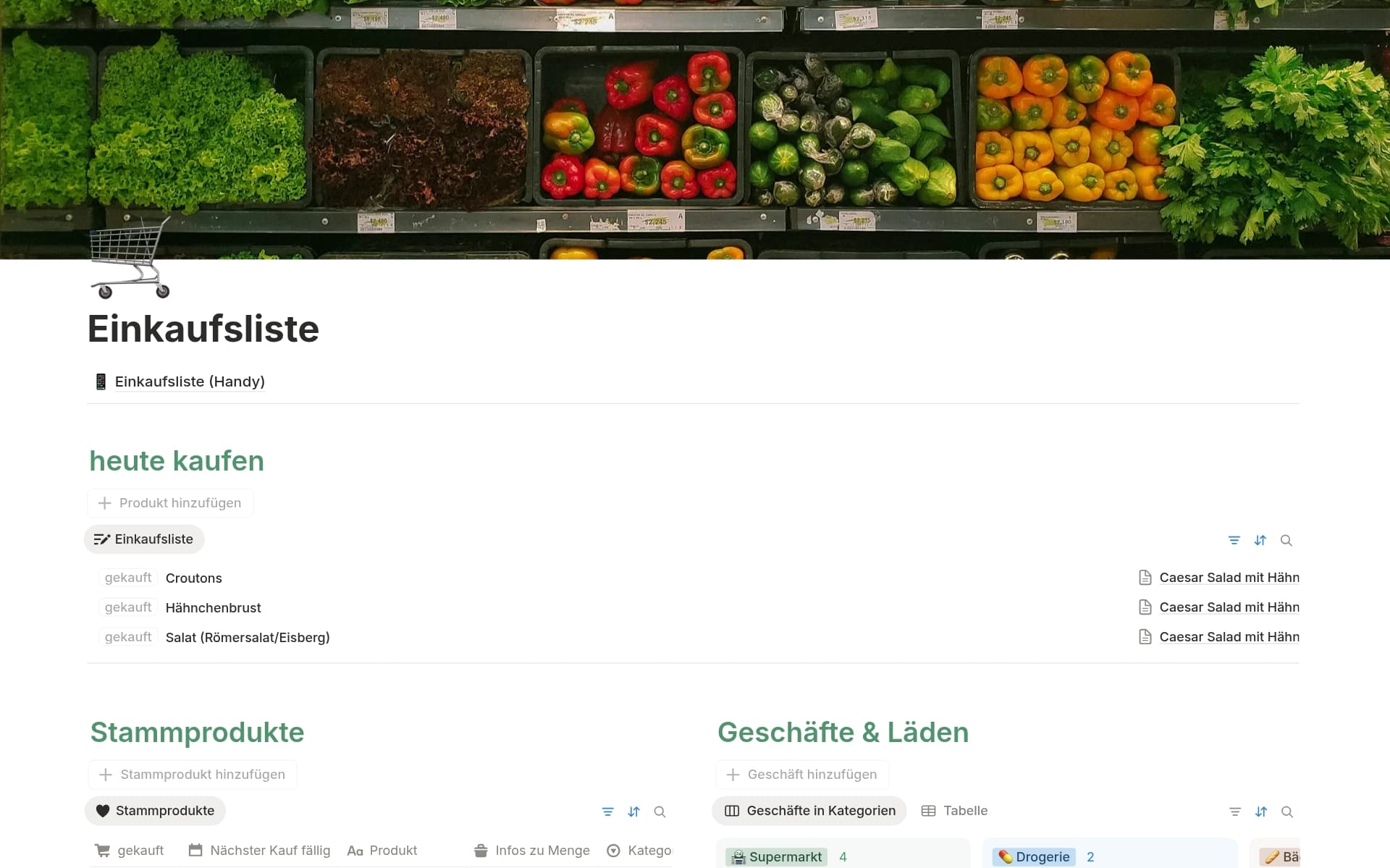Our User Research templates provide an effective, collaborative platform for conducting qualitative and quantitative research. These customizable templates are a central hub for managing research materials and collaborating with team members.
What Should User Research Templates Include?
Choosing the right User Research template in Notion can streamline your workflow and enhance the quality of your insights. Here are key components to look for in a good template:
Comprehensive User Profiles: The template should allow for detailed user profiles that include demographics, behaviors, and needs to better understand your audience.
Interview and Survey Tools: Look for templates that facilitate the creation and organization of user interviews and surveys to gather actionable data efficiently.
Usability Test Plans: A section dedicated to usability testing, including test plans and results, helps in refining the product based on real user interactions.
Analysis and Reporting Features: Effective templates should include tools for analyzing data and generating reports to share findings easily with stakeholders.
By focusing on these elements, you can select a User Research template that not only fits your project's needs but also enhances your team's ability to deliver impactful user insights.
What Should User Research Templates Avoid?
Choosing the right User Research template in Notion can streamline your workflow and enhance data collection. However, some features may hinder rather than help. Here are key elements to steer clear of:
Overly Complex Structures: Templates with too many nested pages or intricate tagging systems can complicate the research process, making data harder to navigate and analyze.
Non-Customizable Fields: Avoid templates that don't allow you to modify fields. User research often requires flexibility to adapt to different projects and needs.
Generic Content: Templates that include too much placeholder text or irrelevant pre-filled content can be more of a burden than a benefit, requiring extensive modification before use.
Remember, the best template is one that fits seamlessly into your project, enhancing efficiency without adding unnecessary complexity.




